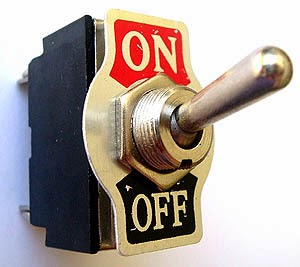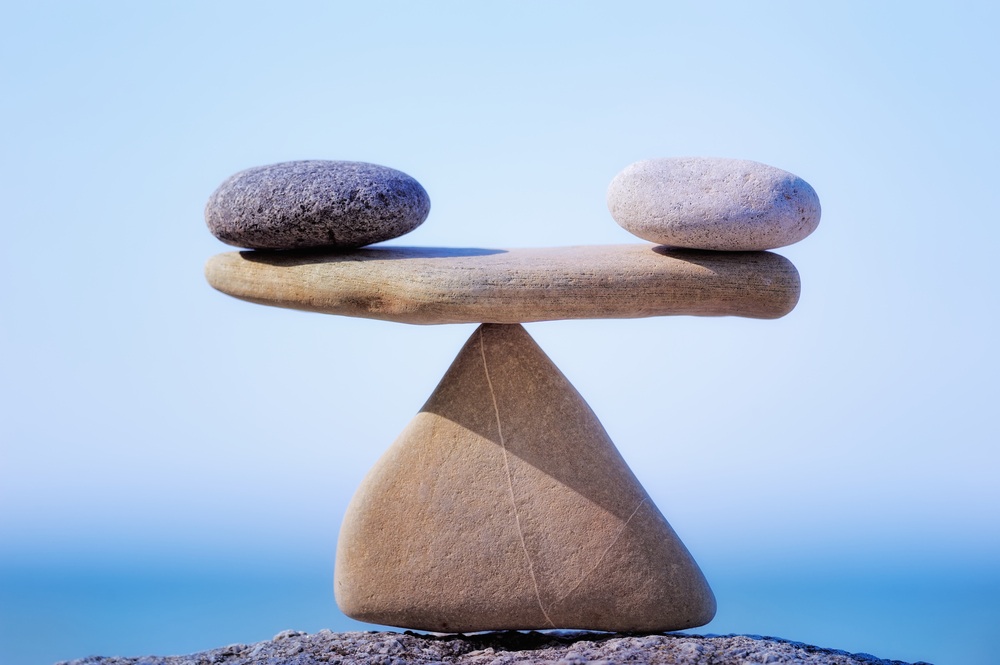In a conversation with a colleague recently I heard them say "Well if I left they would be just screwed! There is no way that they could survive without me." I let them continue to vent (as they are part of my circle of individuals who I know I can talk to privately about pressures that I am facing at work and life and they in turn can share that information with me), but I brought our conversation back to their previous statement. Asking a little bit more about it, my colleague proceeded to tell me that they were irreplaceable at their job. No one else knew how to do anything without their help. They were the only ones that could fix the problems at the office. They were needed. This job was their life. And while there was a note of pride in this needing to be needed by the organization, there was some underlying resentment in their tone.

I think that alot of us have been in this place at one point or another. I know that I have. It is partly wonderful....especially if you work in a social justice/social service field because you get extra praise from the community for the type of work that you are doing. It is partly awful because you never get a break....from your boss, from your job, and from the person that you are at work.
I told my colleague that I personally would never want to be irreplaceable at my job because that would mean that I could never leave. It took a couple of moments for the statement to sink in, and a few times of my colleague opening their mouth to speak and then shutting it again.
What can a person do in this situation? What can anyone of us do? You may not want to leave your job, but the weight of this heavy responsibility of being irreplaceable is unbearable. I have two suggestions for you.

1# Create a hit-by-the-bus document about your position and what you do. Not that I wish you ever to be hit by a bus, taken ill for an extended length of time, or abducted by aliens for that matter. The hit-by-t
he-bus manual gives you space to not be at the office. You don't need to spend a huge amount of time doing this. One day make a list of your general task timelines on a yearly, monthly, weekly, and daily basis. If this takes you more than 20 minutes, you are making too much of an effort. On another day, if you are doing a task that you do on a regular basis, do a quick write-up about it. Gradually you will have a file of different task how-tos. There are multiple benefits to doing this: one, it can help you put into perspective the amount of work that you really do which can help when talking to supervisors about adding/changing part of your job or asking for a raise; two, you can go on vacation and know that you can send the relevant task information to those that will be covering for you when you are gone; three, people will think that you are super efficient; four, it will help you out when you can't remember what you did the last time; and five, it will train your replacement. At the last agency that I worked for I created this document, so when I got promoted I didn't have to keep telling my replacement what they should be doing, they could consult my hit-by-the-bus manual instead. My replacement was grateful that I wasn't ordering them around all the time and it allowed me to let go of my old position and fully embrace my new one.
2# Have a Plan B. I want to be clear, this is not a plan on how to leave your job. Although in doing this exercise you might find out that that is what you need to do to feel whole again. This exercise allows you to think of what the alternatives are out there for you to do with your life. Everything we do in life is an act of free will. Having a Plan B can help us refocus our intentions. It could involve a new approach to how we work, a new place to live, a different life, or even a career change. We often get into places without a plan on how to get out of it. Many people have experienced that moment in an exercise class where we keep pushing ourselves to get to a place where we think that we should be, rather than what our body is telling us we can be at. Then you find yourself stuck with no idea of how you can get out of the position without hurting yourself. The same can happen in your career, you get so caught up in trying to be who you think that you should be....and become stuck, irreplaceable, and not too happy about it. So write down a list of 5 alternatives to what you could be doing that is different than now. These items can range from changing something in your current position (ei. getting organized, finish the filing, looking for professional development opportunities, etc.), to fulfilling a life-long dream (ei. finishing the "novel", getting that promotion, starting that business) to even coming up with options of something that you would rather be doing than your current job (ei. race-car driver, going back to school, hot-air balloon operator, etc.). A blend between the practical and the ridiculous is recommended.
Then share this list with someone. Sharing your dreams with others is very important.

The next step in this process is to write down a list of steps you would need to take in order to make each one of these things happen. For example, if one of your goals was to go and live in a tent in Siberia for a month (don't judge me!), tasks on this goal could include: research the cost of airfare and expenses, make a budget plan to save up the money for the trip, learn how to negotiate in the local Russian dialect, watch all past seasons of Survivor and MacGyver for survival tips, find out if such a thing as Siberian Tiger repellant spray exists, etc.
Even if you never act on your Plan B list or have a need for your hit-by-the-bus manual, both of these suggestions will allow you a bit of space to breath, to refocus. The only thing that is truly irreplaceable is the essence of you, your personality, your passion and your focus. Connect back to that and everything else will become manageable again.
One day Hodja and his son were traveling to a neighboring city. Hodja felt like walking and allowed his son to ride on their donkey for the journey. As they were walking people on the road exclaimed "See? Look at the selfishness of today's youth! That boy is forcing that poor old man to walk! How disrespectful!"

















